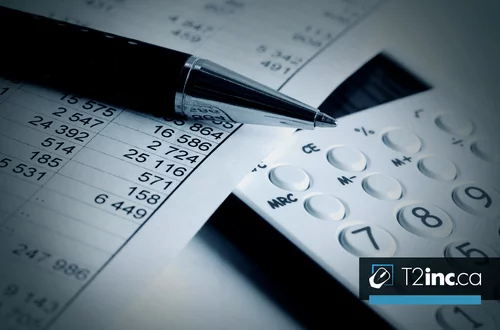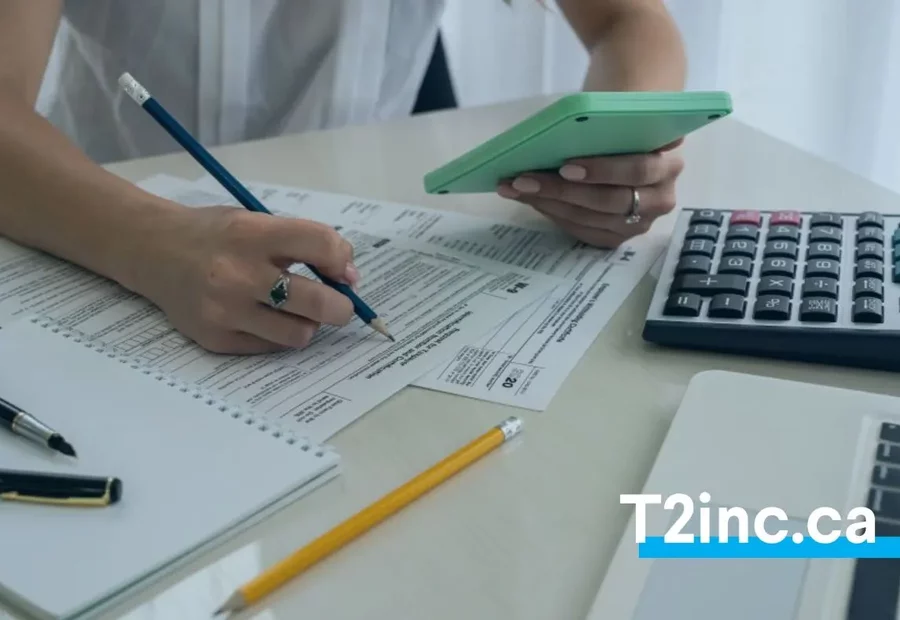Disputing a Corporate Tax Adjustment

Tax adjustments are an issue of vital importance for companies of every size. A tax adjustment, sometimes called a reassessment, is a procedure initiated by tax authorities when they discover discrepancies, errors or other problems in a company's tax declarations or payments.
In this article, our corporate tax experts introduce you to the concept of tax adjustment, highlighting the issues involved and the financial and legal implications. We’ll also show you how to dispute a tax adjustment.
What is a tax adjustment?
During a tax adjustment, tax authorities examine a company's tax returns and make changes to ensure that corporate taxes have been correctly calculated and paid. A tax reassessment can be triggered by various factors, such as errors in declarations, inconsistencies between declared income and supporting documents, or suspicions of tax fraud.
When a tax adjustment is carried out, tax authorities may make changes to the amounts declared, thereby increasing the corporate taxes owed. These changes can also include penalties and interest for late payments or non-compliance.
Reasons for a tax adjustment
Business owners should be aware of potential reasons for a tax adjustment. Miscalculations, omissions of income, unjustified tax deductions, deviations from industry norms, or suspicious transactions can all trigger a tax reassessment.
The more you understand each of these issues, the better you will be able to avoid tax adjustments and comply with tax laws. If you need help in understanding Quebec business taxation, contact our experts today!
What is the basis for a corporate tax adjustment?
Tax adjustments are made based on current tax laws and regulations.
A company that wants to defend its position when disputing a tax reassessment must understand the legal foundations of the tax adjustment. A precise knowledge of the law will increase your chances of success during a tax adjustment dispute.
How to dispute a corporate tax adjustment
Disputing a tax reassessment is your legal right, and any company can challenge a tax adjustment. Learn the steps involved in effectively disputing a corporate tax adjustment.
Study the notice of reassessment
A notice of reassessment is an official document sent by tax authorities to inform a company of proposed adjustments to its tax returns (T2 tax returns and CO-17 tax returns). It is important to read this notice and be sure that you understand it fully before beginning the dispute procedure.
Carefully analyze the information provided in the notice, including the reasons for the tax adjustment and the amounts being contested. With these details in mind, your company will be able to prepare an effective dispute strategy.
Develop a dispute strategy
Developing a solid dispute strategy is crucial to effectively defending your interests. Begin by gathering relevant evidence and documents to support your company's position, such as invoices, contracts, bank statements, accounting records or any other supportive documentation.
To strengthen your position, refer to a tax accountant or consultant who specializes in tax disputes. Professional expertise and in-depth knowledge can prove invaluable when assessing your company's situation.
Draft and file the objection
Drafting and filing the objection is the next step in the process of disputing a tax adjustment.
A well-written and meticulously-structured formal dispute should include solid legal arguments, documented evidence and counter-arguments to the grounds for reassessment.
Remember to respect the deadlines and procedures for submitting your objection. Delays or missed deadlines can have negative consequences, and may even result in the loss of the right to dispute the tax adjustment.
Once you have written your objection document, forward it to the relevant tax authority via registered mail, online forms or any other method approved by the CRA.
How long does it take to dispute a tax adjustment?
The time it takes to process a tax adjustment can vary depending on several factors, including the complexity of your case, the availability of resources to review the contestation, and other factors specific to your situation.
The dispute process generally involves several steps. First, submit your official objection to the tax authorities before the deadline. They will examine your objection and evaluate your arguments and evidence. This can take anywhere from several weeks to several months, depending on the complexity of the tax adjustment.
Once the authorities have examined your objection, they may decide to revise the initial tax adjustment. This can also take some time, as it will require an addition in-depth analysis of your file.
The process can be further slowed in cases where additional elements need to be examined, negotiations are underway between the company and the tax authorities, or the company needs to provide additional evidentiary support.
It is important to remain in regular contact with tax authorities throughout the dispute process to obtain progress and ensure that you meet any new deadlines.
T2inc can advise you on corporate taxation
Disputing a tax adjustment is a complex process, but every company has the right to file an objection to excessive tax charges. Remember that rigorous and proactive corporate tax management plays a major role in avoiding a tax reassessment in the first place.
At T2inc, we help companies understand and comply with tax obligations, file accurate returns and implement effective tax strategies.
We build trust with our clients. Let us advise you on best practices in tax compliance, help you collect and organize your documents, and analyze risks to minimize the chances of a tax adjustment. Contact us today for a free quote.
Contact our experts
Have a question? Need help? Fill out our online form to get help from our experts.
Contact usNeed more help?
Contact us by filling out our form
Are you interested in our services, but would like more information before taking the plunge? Contact us today and one of our tax accountants will be in touch to help you.
At T2inc.ca, we're committed to helping business owners manage their company's tax affairs so they can grow their business.




